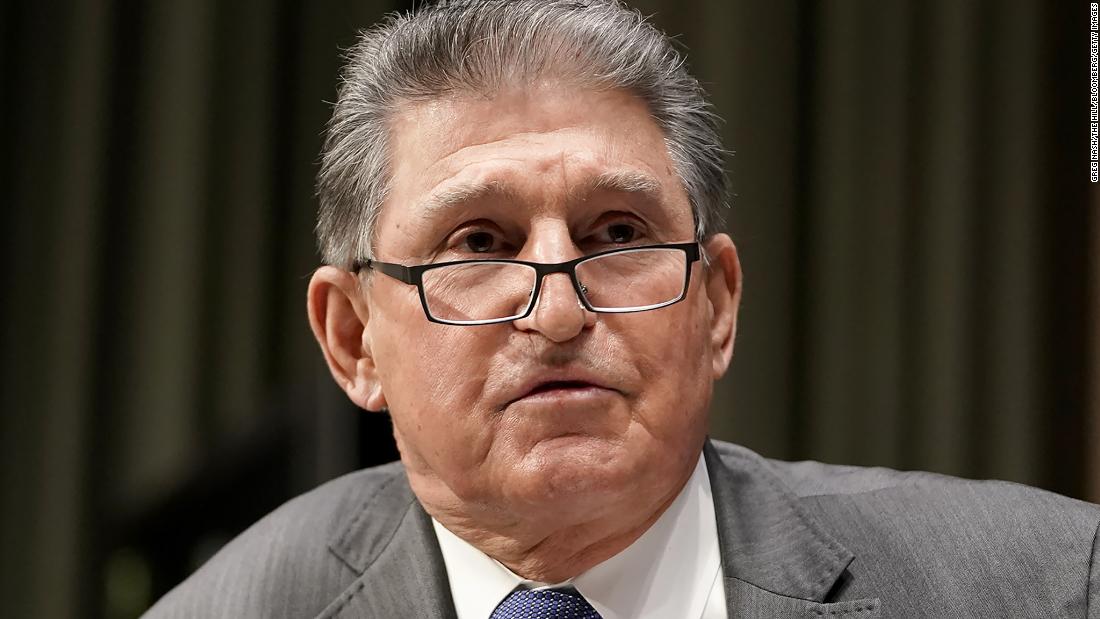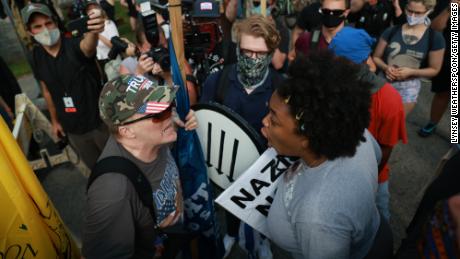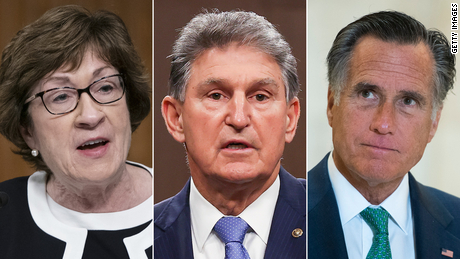Sen. Joe Manchin, widely viewed as the
most conservative Democrat in the now 50-50 US Senate, has announced he
will support the budget resolution on Covid-19 relief being introduced by Senate Budget Committee Chairman Bernie Sanders. In so doing, Manchin has laid down a marker: he is with his party at the beginning of this process, but if the Democrats cannot bring some Republicans along by the end, they may not be able to count on him in the final vote.
Manchin’s insistence on moderation and bipartisanship is deeply felt, and Washington DC had better get used to it. They are going to see a lot of it in the next two years.
And so, on the matter of reconciliation, Manchin is aligned with a Democratic Socialist from Vermont — for now. But alliances may shift over time, as Manchin strives to hold the Senate in the moderate mainstream.
In 1949, as the globe was transitioning from World War to Cold War, a young historian named Arthur Schlesinger, Jr. wrote a book called “
The Vital Center.” It made the case that government-regulated market capitalism was the sweet spot between fascism on the right and communism on the left.
The phrase caught on, as did the concept. President John F. Kennedy, to whom Schlesinger was close, took the label and ran with it. Kennedy used it to describe the office of the presidency itself, which he
called “the vital center of action in our whole scheme of government.” And when I worked for former President Bill Clinton, he was
fond of applying the phrase to domestic politics: the vital center, to him, was a third way between the fringes of the two political parties.
While there is some truth to the left-right paradigm, it seems to me the real divide in American politics is between the reality-based world and the conspiracy-addled fabulists. No discussion of the political center is honest or accurate without recognizing that the two parties’ fringes are not equidistant from the center. For example, Rep. Marjorie Taylor Greene, a Georgia Republican, who
has trafficked in conspiracy theories and bigotry, cannot be portrayed as merely the GOP’s version of Rep. Alexandria Ocasio-Cortez, a progressive New York Democrat, who argues in favor of a higher minimum wage and health care access for all. You may disagree with Ocasio-Cortez’s agenda, but she operates in the world of facts — not fiction.
A confession: I know and like Manchin. I have since the days he was an up-and-comer in the Mountain State and helped the 1992 Bill Clinton-Al Gore ticket win a landslide in his state, carrying
42 of its 55 counties. His commitment to helping everyday Americans facing real problems in the real world led him to
take a leadership position in crafting a temporary Covid-19 relief bill in the closing days of the Donald Trump presidency (for which I
praised him then.)
Like all politicians, I agree with him on some issues, and disagree on others. But what I like about him is his rock-ribbed commitment to the reality-based world.
With the narrowest possible majority in the Senate, it is simply not realistic to expect to see Biden sign radical, revolutionary bills into law. Nor is it realistic (nor decent) to ignore the pain of millions of Americans who have
lost their jobs, and the families of hundreds of thousands who have
lost their lives due to the pandemic.
And so Manchin is in the hot seat. So hot that, last week, Vice President Kamala Harris beamed into West Virginia television station WSAZ. She never mentioned Manchin by name, but she did
say, “The President and I feel very strongly that these are the moments when we are facing a crisis of unbelievable proportion (and) that the American people deserve their leaders to step up and stand up for them.”
Manchin
expressed annoyance that Harris had come into his state (albeit via satellite) without telling him first. And soon the White House was back to playing good cop, with press secretary Jen Psaki
soothingly assuring us, “Not only is he (Manchin) a key partner to the President and to the White House on this package, but on his agenda and we will remain in close touch with him.”
Interestingly, the Harris interview may have had a more beneficial impact on an unintended target: West Virginia’s Democrat-turned-Republican Gov. Jim Justice. On Monday, Justice told CNN’s Poppy Harlow that fiscal responsibility is less important than immediate action in this crisis. “If we actually throw away some money right now, so what?” Justice
said. “We have really got to move and get people taken care of and get people back on balance and I want to work with the Biden administration just like I worked with the Trump administration and I want us to move forward.”
This leaves Manchin in the unusual position of potentially wanting to spend less than his pro-Trump governor, while simultaneously being nudged to spend more by the Democratic White House. One Manchin aide told me he is unfazed: “For Senator Manchin, it is less about carving out a lane in the middle and more about identifying what’s best for West Virginia and the country.”
Manchin has spent decades in the whitewater of West Virginia politics. He will likely support the highest level of spending that can pass with some modicum of Republican support. Rather than labeling that as centrism, it more accurate to call it realism.
![]()






